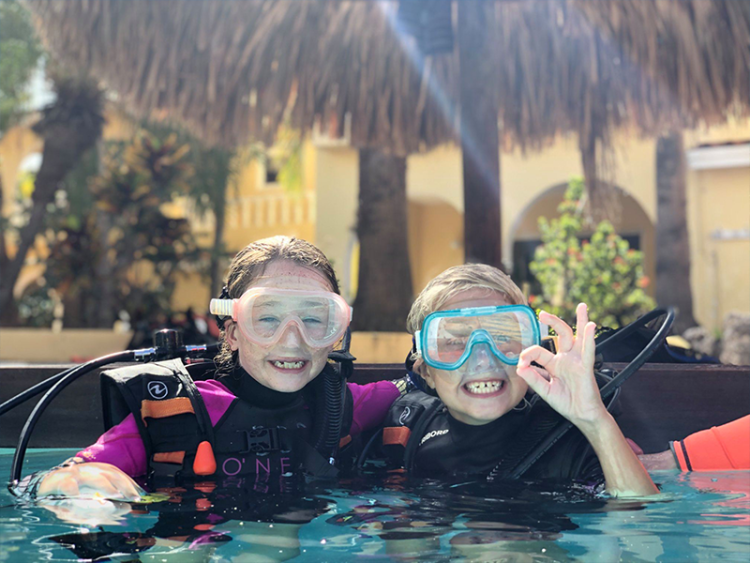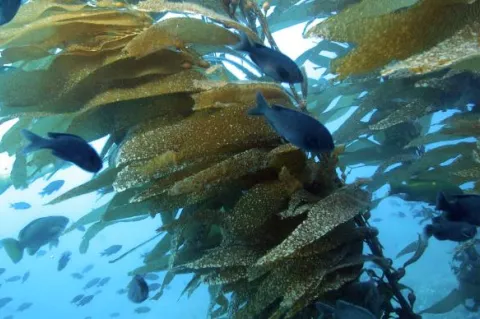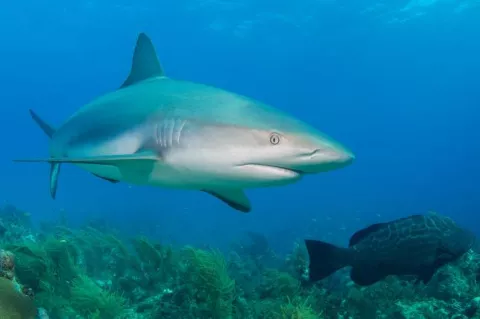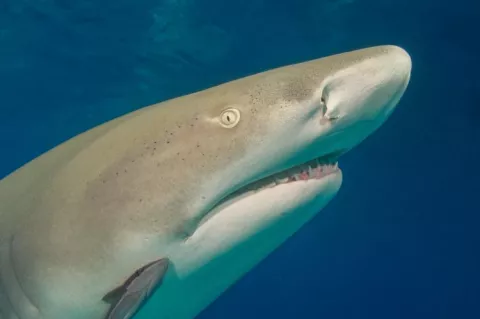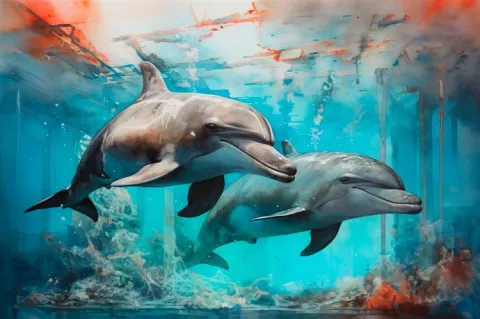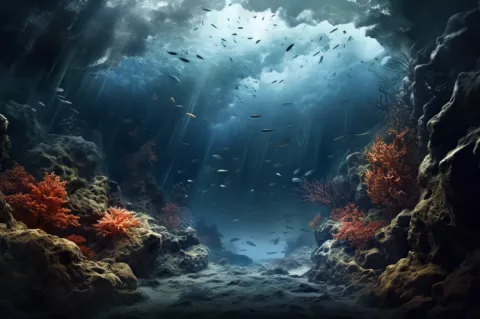Latest
Baltic Sea shipwreck plunderers sentenced to prison
In a pivotal legal decision, the Court of Appeal in Sweden has revised the sentences of four men convicted in 2022 for offences against Sweden's heritage laws. These individuals were found guilty of plundering several wrecks off the coast of Öland, challenging the preservation of national heritage.
From 2013 to 2020, the convicted men retrieved a multitude of artefacts from shipwrecks near Öland, using some to adorn their homes. Dive logbook entries suggest that their activities may have begun as early as 1987.
Shearwater Tern
The Shearwater Tern and Tern TX dive computers are designed to enhance convenience and versatility for sport divers.
Why Buddy Dive Resort is the best destination for the Ultimate Family Vacation
Can you imagine a dive trip with the entire family? Sharing your love for the ocean with your children or seeing them have their first scuba experience in a safe and calm environment? Family cannonballs in the pool or have the kids getting to know all the fish in the ocean?
Let Buddy Dive Resort welcome you and your family for the perfect family vacation.
As a family business, we know exactly what you need for the entire family to have the best time. Buddy Dive offers a wide range of kid’s programs and dive courses for kids of all ages.
MPAs: Catalysts for both marine health and scuba diving
The findings from UC Santa Barbara’s Marine Science Institute provide compelling evidence of Marine Protected Areas (MPAs) value to the scuba diving industry and local economies. As global leaders aim to protect 30% of land and water by 2030, understanding the diverse benefits of MPAs is crucial for informed decision-making and sustainable coastal management.
Reef sharks do rest
Contrary to long-standing beliefs, recent research has revealed that grey reef sharks can rest, overturning the assumption that they must constantly swim to breathe. This groundbreaking discovery, made in the Seychelles, offers new insights into the physiology and behaviour of these marine predators.
Catch-and-release deters sharks from beaches
Researchers conducted trials using SMART drumlines in New South Wales, Australia, to catch and release sharks, particularly White Sharks. The study aimed to quantify the short-term post-release movements and the longer-term fate of these sharks.
Sharks were caught using SMART drumlines deployed about 500 meters from shore. Once captured, they were quickly secured to a research vessel, minimising potential injuries. The sharks were tagged with satellite-linked radio transmitting tags and acoustic transmitters to monitor their movements post-release.
Mucus layer on shark skin may have medical use
Sharks are known for their remarkable ability to heal quickly from wounds. The mucus layer on their skin plays a crucial role in this process. Recent research has uncovered that the mucus layer on shark skin possesses properties that could be beneficial in medical applications, particularly in wound care.
DEMA Show and F1 race dates clash
During the DEMA Show in New Orleans, I encountered a dive industry colleague who appeared quite distressed. He had just discovered that a Formula One race was scheduled concurrently with the next DEMA Show in Las Vegas. His concern was that securing a hotel would be impossible, as he believed everything was already booked. At that moment, I was somewhat sceptical of his concern.
Toxic chemicals in UK whales and dolphins: A growing concern
Originally developed for use in pesticides, paints and fire-resistant materials, POPs are highly toxic and do not easily break down in nature. These chemicals have leached into the soil, air and waterways, eventually reaching the ocean. They are absorbed by plankton at the bottom of the food chain and increase in concentration through a process known as biomagnification. As a result, marine mammals, which are at the top of the food chain, accumulate high levels of these toxins.
On the brink
Diving is a recreational pastime, meant to offer pleasure and respite from our hectic work schedules and the relentless flood of troubling news that seems to worsen daily.
We have always strived to write about and focus on the wonderful adventures, the beauty of the underwater realm, and to provide educational infotainment that enhances our experiences and appreciation of what lies beneath the surface.
A new underwater photography community – Waterpixels!
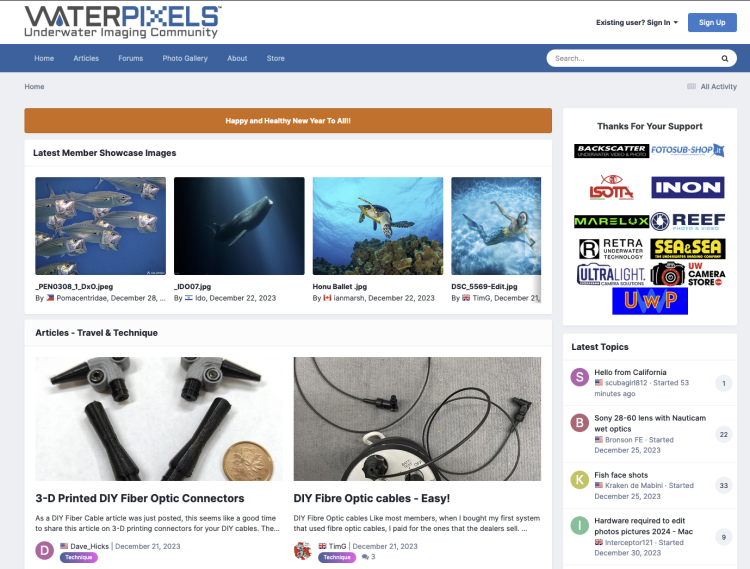
Many Undercurrent readers will be familiar with the issues surrounding Wetpixel, its travel programme and its owner, Adam Hanlon.
Concerns about the knock-on impact of its popular community forum were never addressed. New members were not being approved, guest access was closed off and its front page was not updated for some months.
As a result, a small group of long-term members have got together and developed a new underwater photography forum called Waterpixels!






